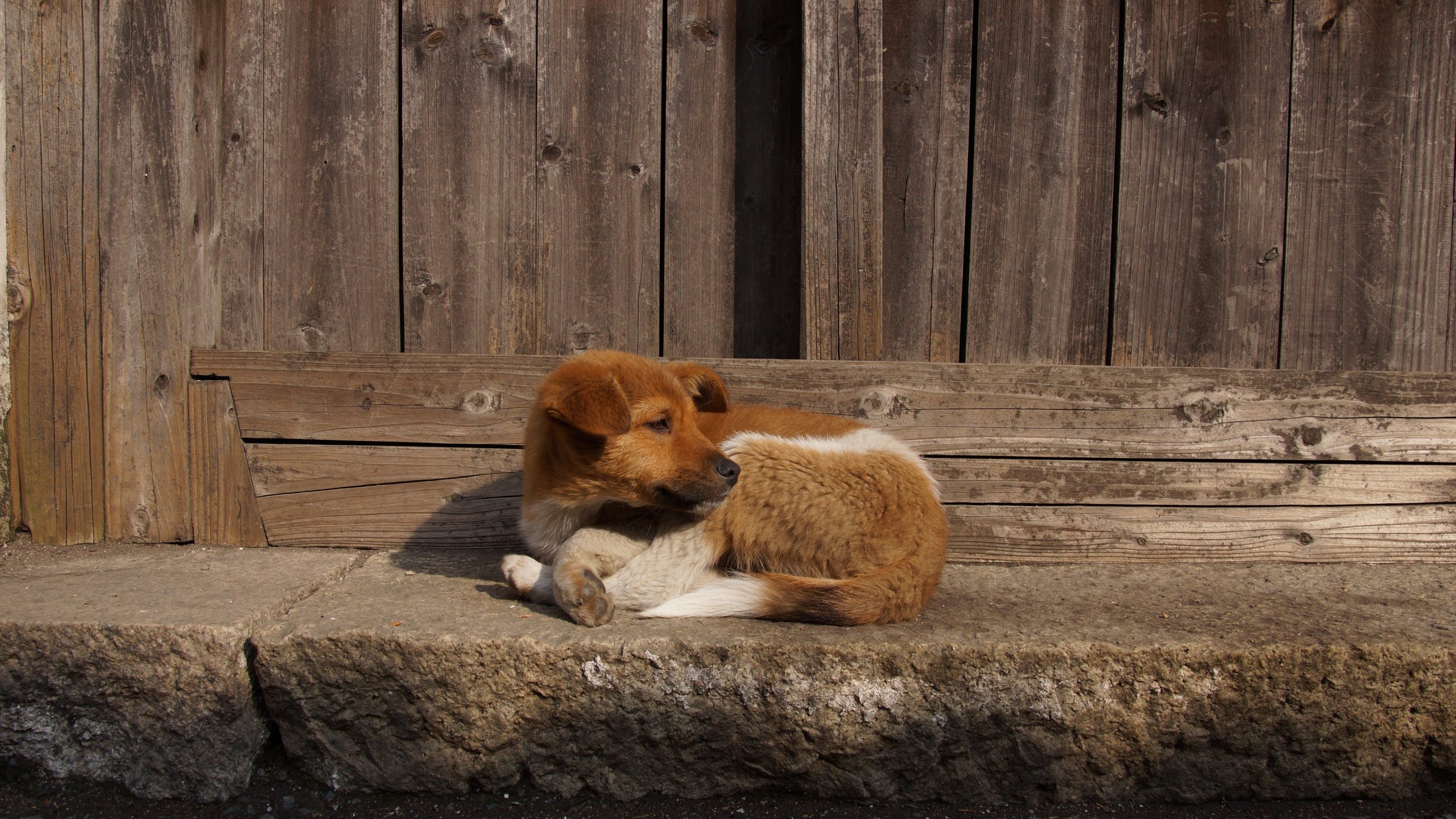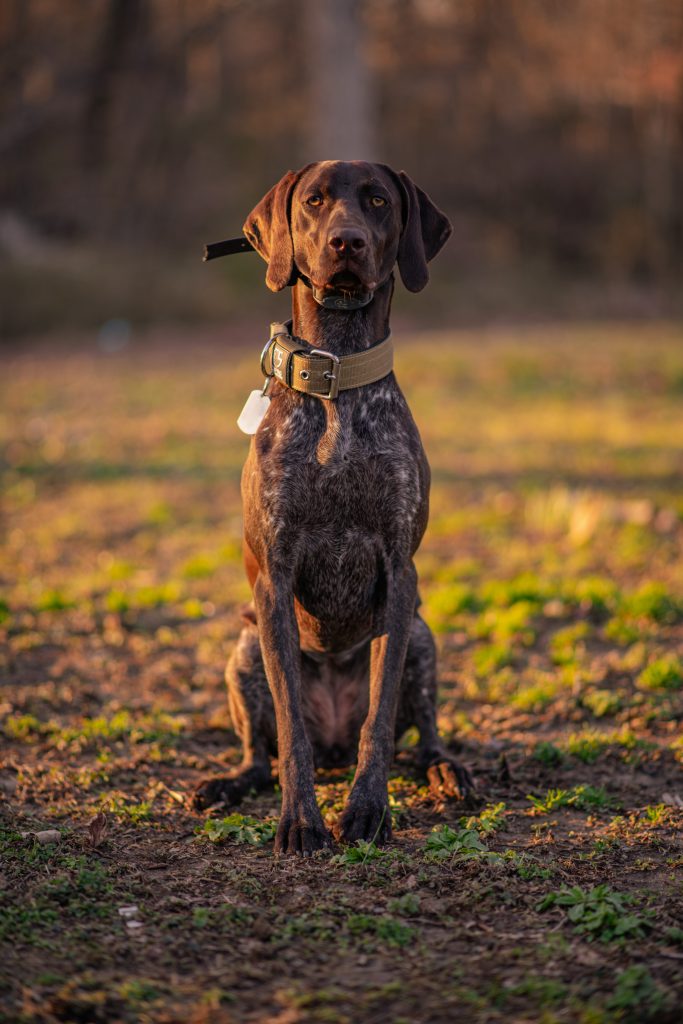Chronic Kidney Disease (CKD) is a progressive and irreversible condition that affects many cats, particularly as they age. It occurs when the kidneys gradually lose their ability to function properly, leading to a buildup of toxins in the body and imbalances in various essential substances. The disease typically develops over months or years, and by the time clinical signs become apparent, significant kidney damage has often already occurred. CKD can affect cats of any age, but it is most common in older cats, with more than half of cats over 15 years old showing some degree of kidney dysfunction. Various factors can contribute to the development of CKD, including genetics, diet, infections, and exposure to toxins. As a leading cause of illness and death in senior cats, CKD requires careful management to slow its progression and maintain the affected cat’s quality of life.
Signs and Symptoms:
The signs and symptoms of Chronic Kidney Disease in cats often develop gradually and can be subtle in the early stages. As the disease progresses, common symptoms include increased thirst and urination, as the kidneys lose their ability to concentrate urine. Weight loss and decreased appetite are also frequent signs, often accompanied by a dull, unkempt coat. Cats may experience nausea and vomiting due to the buildup of toxins in the bloodstream. Lethargy and weakness are common as the condition advances. Bad breath may develop due to the accumulation of waste products in the blood. In later stages, cats may show signs of dehydration, such as sunken eyes and dry gums. Anemia can develop, leading to pale gums and increased lethargy. Some cats may also experience constipation or diarrhea. It’s important to note that these symptoms can be indicative of various health issues. Therefore, any persistent changes in a cat’s behavior, appetite, or water consumption should prompt a veterinary examination. Regular check-ups are crucial for senior cats, as early detection can significantly impact the course of treatment and management.
Treatment Advice:
While Chronic Kidney Disease in cats cannot be cured, treatment focuses on managing symptoms, slowing disease progression, and improving quality of life. The treatment plan is typically tailored to the individual cat based on the stage of CKD and overall health status. Dietary management is a cornerstone of CKD treatment, with prescription kidney diets that are low in protein, phosphorus, and sodium while being high in omega-3 fatty acids and calories. Increasing water intake is crucial, which may involve switching to wet food or using water fountains to encourage drinking. In more advanced stages, fluid therapy may be necessary to maintain hydration. Regular blood tests and urinalysis are essential to monitor the progression of the disease and adjust treatment as needed.The goal of treatment is to maintain the cat’s quality of life for as long as possible, and with proper management, many cats with CKD can live comfortably for months to years after diagnosis.
Preventive Measures:
While it’s not always possible to prevent Chronic Kidney Disease in cats, several measures can potentially reduce the risk or slow the onset of the condition. Providing a high-quality, balanced diet appropriate for your cat’s life stage is crucial for overall health, including kidney health. Ensuring constant access to fresh, clean water encourages proper hydration, which is vital for kidney function. Regular veterinary check-ups, including blood and urine tests, can help detect kidney issues early, allowing for prompt management. Maintaining a healthy weight through proper diet and exercise can reduce stress on the kidneys. It’s important to avoid exposing cats to known kidney toxins, such as certain plants, medications, and household chemicals. For outdoor cats, ensuring they don’t have access to antifreeze, which is highly toxic to the kidneys, is crucial. For breeds known to have a genetic predisposition to kidney issues, working with responsible breeders who conduct health screenings can help reduce the incidence in future generations.
Conclusion:
Chronic Kidney Disease remains a significant health challenge for cats, particularly in their senior years. The progressive nature of this condition underscores the importance of regular veterinary care, early detection, and proactive management. While the lack of a cure can be disheartening, advancements in veterinary medicine have greatly improved our ability to manage CKD and maintain a good quality of life for affected cats. The key to successful management lies in a multi-faceted approach, including appropriate dietary modifications, medication when necessary, and consistent monitoring of kidney function. With early detection and proper management, many cats with CKD can enjoy a good quality of life for an extended period. The ongoing efforts in research and improved diagnostic techniques offer hope for better outcomes and possibly reduced incidence of CKD in future feline populations. Ultimately, the commitment to understanding and managing this complex condition reflects the deep bond between cats and their human caregivers.




 Expert advice on healthcare, nutrition, behavior and all your pet needs!
Expert advice on healthcare, nutrition, behavior and all your pet needs! 








